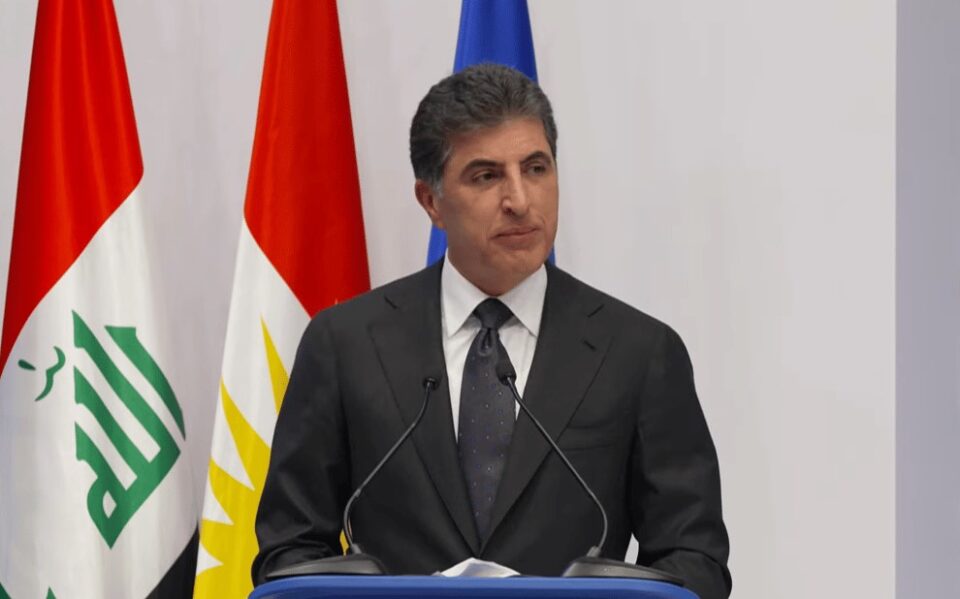Sema
“Sulaimani holds a distinguished and influential position in the cultural and political history of the Kurdish people, and has always been a source of respect, appreciation, and pride for the people of Kurdistan,” KRP Nechirvan Barzani stated.
Kurdistan Region President Nechirvan Barzani issued a congratulatory message on Thursday, marking the 240th anniversary of Sulaimani’s establishment, describing the city as “a prominent and influential name in Kurdistan’s cultural and political history.”
“I warmly congratulate all the beloved people of the city on the 240th anniversary of the founding of Sulaimani, the cultural capital, the city of literature and art, the city of determination and sacrifice. I wish them success,” Kurdistan Region President Nechirvan Barzani stated in his message.
According to Kurdistan Region President Barzani, “Sulaimani holds a distinguished and influential position in the cultural and political history of the Kurdish people, and has always been a source of respect, appreciation, and pride for the people of Kurdistan.”
The Kurdistan Region President expressed his hopes for continued development, prosperity, further progress, peace, and stability for Sulaymaniyah and all cities and regions of Kurdistan.
Sulaimani, established in 1784 by Ibrahim Pasha Baban who named it after his father Sulaiman Pasha, is considered one of Kurdistan’s modern cities. Beyond serving as the capital of the Baban Principality, it has been a significant commercial and cultural center in the region.
Sulaimani’s 240th anniversary comes at a time when the city continues to maintain its status as a cultural powerhouse in the Kurdistan Region. Founded as the capital of the Baban Principality, the city has evolved into a major urban center known for its intellectual contributions to Kurdish society, political activism, and cultural developments.
The city’s historical significance in Kurdish political and cultural movements makes it a symbol of Kurdish heritage and modern progress, hosting numerous educational institutions, cultural centers, and media outlets.

